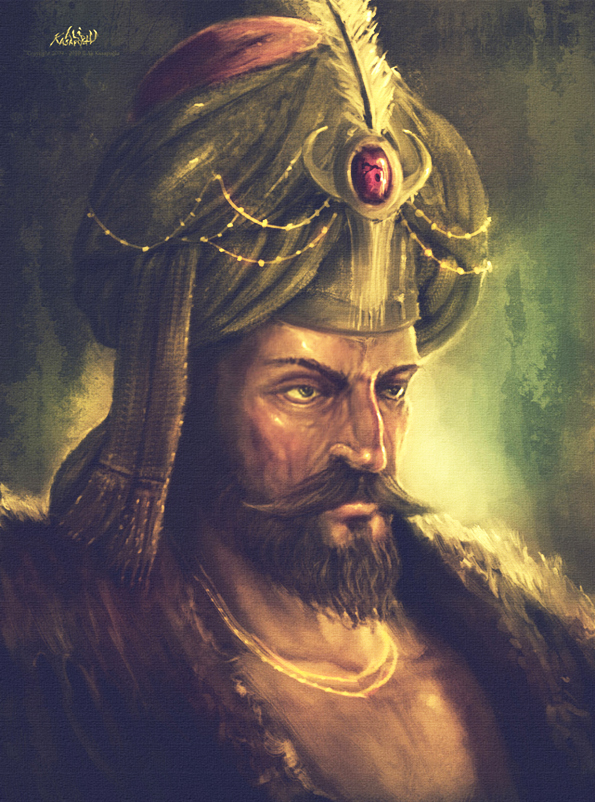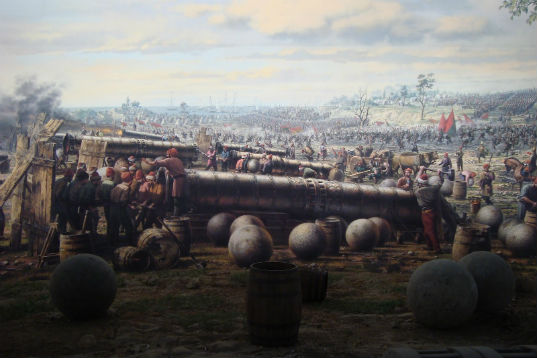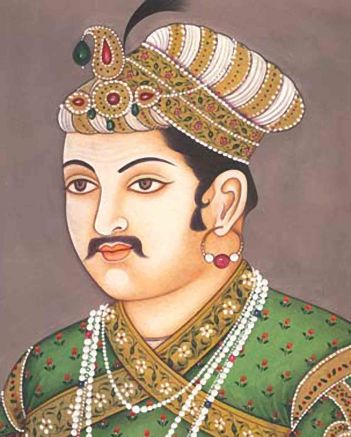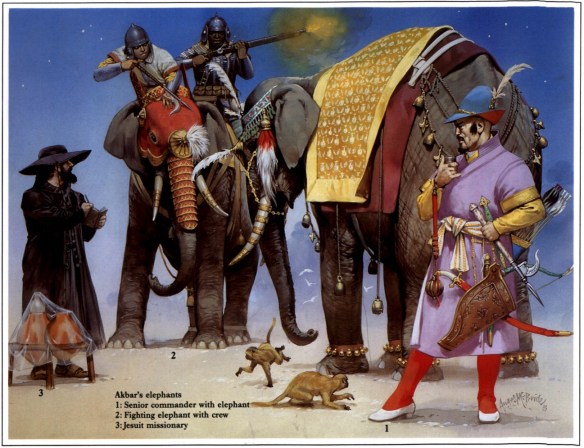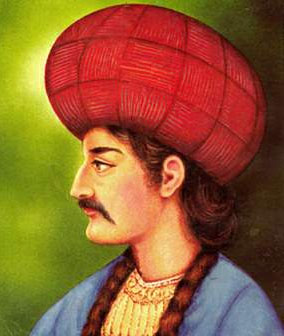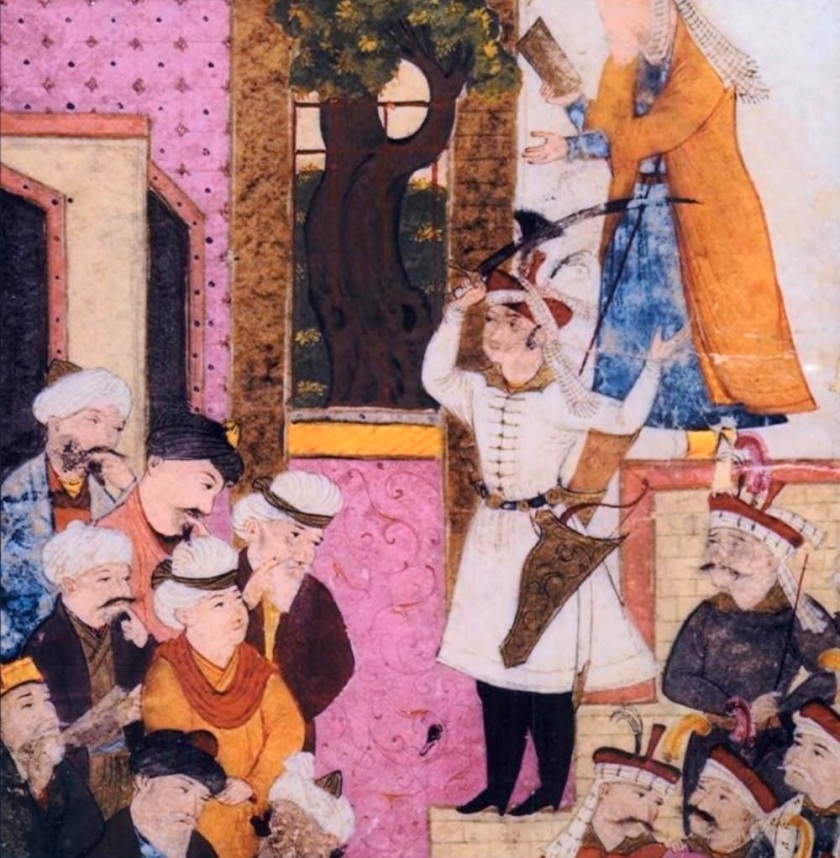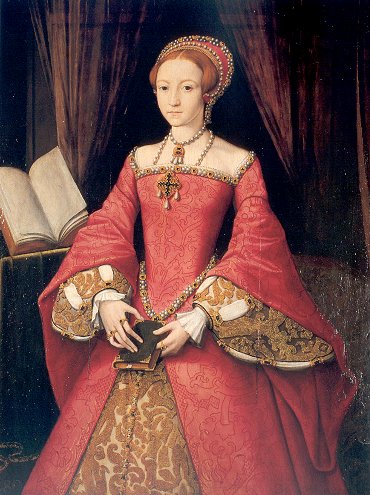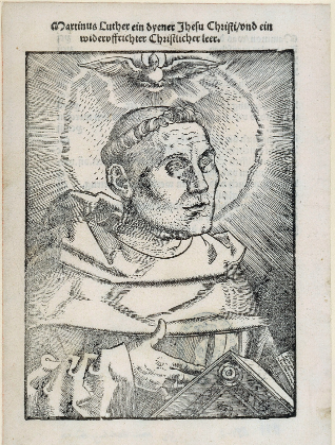
Martin Luther was a German monk and a theologian during the 16th century and he is considered to be the leader of the Protestant Reformation. Luther did not agree with some of the factors of Roman Catholicism and publicly opposed the Church for its corruption. He specifically opposed indulgences, the Pope’s authority, and that doing good work on Earth will lead to your salvation after death. Luther specified his opposition to the Church in his 95 theses, which quickly spread around Europe due to the printing press. Refusing to recant his 95 theses Luther was excommunicated from the Roman Catholic Church. He translated the New Testament into German so even peasants were able to understand the Bible since up to that point it was only in Latin. Luther’s Protestant Reformation was significant as it lead to a split within the Roman Catholic Church and spurred new religions, such as Lutheranism.
